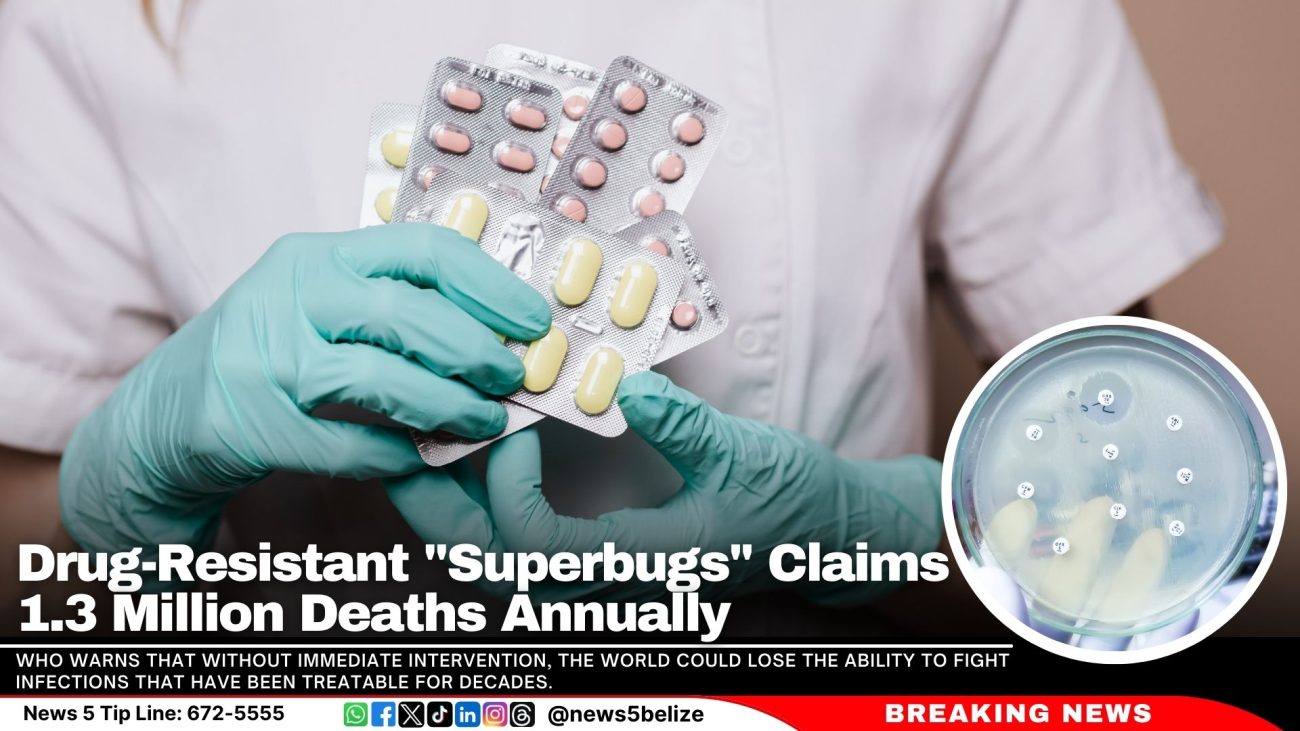Drug-Resistant “Superbugs” Claims 1.3 Million Deaths Annually
Antimicrobial Resistance (AMR) is not a future problem—it’s happening right now. At the Fourth Global High-Level Ministerial Meeting on Antimicrobial Resistance in Jeddah, Saudi Arabia, Director-General of the UN World Health Organisation Tedros Adhanom Ghebreyesus gave a serious warning. He said, “AMR doesn’t just threaten to make the medicines on which we depend less effective; it’s happening now.” He stated that the problem isn’t just a future risk but instead a current crisis, with “1.3 million people every year” dying because of superbug infections.
As drug-resistant “superbugs” spread, modern medicine is at risk, making even common infections harder to treat. This year’s World AMR Awareness Week, which took place from November 18 to 24, observed the theme “Educate. Advocate. Act now.”

WHO warns that without immediate intervention, the world could lose the ability to fight infections that have been treatable for decades. Ghebreyesus stated, “AMR doesn’t just threaten to make the medicines on which we depend less effective; it’s happening now.”
AMR is not just a human health issue, according to WHO’s Dr. Hanan Al Balkhy. It impacts multiple global sectors, including food production, animal care, and the environment. She warned that AMR is a heavy burden, particularly in conflict zones, where people lack basic health resources.

The Food and Agriculture Organisation (FAO) is working to reduce the use of antimicrobials in farming, as around 70% of antibiotics are used in agriculture. FAO’s initiatives, such as RENOFARM, aim to improve farming practices and reduce the need for antimicrobials, which will ultimately protect both human and animal health.
As Dr. Al Balkhy said, “Bacteria have one aim in life. They’re going to survive,” and it’s crucial to stay ahead of this threat to preserve public health and medical advancements.







Facebook Comments